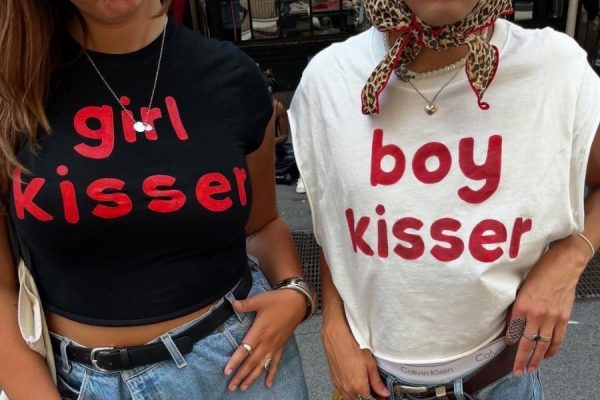The real cost of Shein: The harmful truth of fast fashion
Shein is an online retail shop and provides the latest trending clothes at the lowest prices available in the fast fashion industry.
The term fast fashion refers to clothing that is mass-produced quickly, cheaply and trendy. The goal is to get runway and designer styles into the hands of consumers by forgoing product quality, labor conditions and the environment in the process.
The quality of the clothes is only meant to last as long as the season; with 52 micro collections dropping a year, Shein is not concerned with the longevity of their products. Customers buy massive amounts of low-quality clothes and wear them only a handful of times before donating them to charities to hopefully be reused.
However, U.S. charities have become overwhelmed with the amount of low- quality donations and ship them abroad to “salvage markets” where they saturate the beaches, marketplaces and landfills of countries like Ghana according to CBS.
According to Business Insider, Shein employees work up to 13 hours a day, seven days a week, without a contract. Recent investigations found female employees washing their hair in sinks and a shirtless man working from 8 a.m. to 3 a.m.
Shein seamstresses are held at the high expectation to create garments to adhere to fast-paced trends. It takes the employees hours to reach their daily quota of 500 pieces of clothing.
Shein claims on its website that outsourcing is the secret to its success. Outsourcing is a vague term and refers to the practice of exploiting lenient environmental regulations Asian and Latin American countries implement on the textile industry.
According to EcoWatch, 70% of Asia’s lakes and rivers are contaminated by over 2.5 billion gallons of waste from the textile industry. The problem of water pollution extends to your home as polyester sheds microfibers in every wash cycle.
Today, Fast Company reported Shein has introduced a total of 314,877 styles in the U.S., which is more than brands H&M (4,414) and Zara (6,849) combined.
The exclusively online retailer has made massive strides in revenue growth since 2018 due to their social media presence.
“#SheinHaul” is seen all over social media platforms, including TikTok, Instagram and YouTube. Influencers share videos of themselves trying on upwards of 15 stylish, in-season looks. These hauls pressure audiences to buy in bulk and make them feel their current closet is out of style.
That #sheinhaul may seem like a bargain, but it is ultimately robbing Shein’s workers, our environment and your closet.



















